Home>Garden Essentials>How To Get Rid Of Bugs In Bird Seed
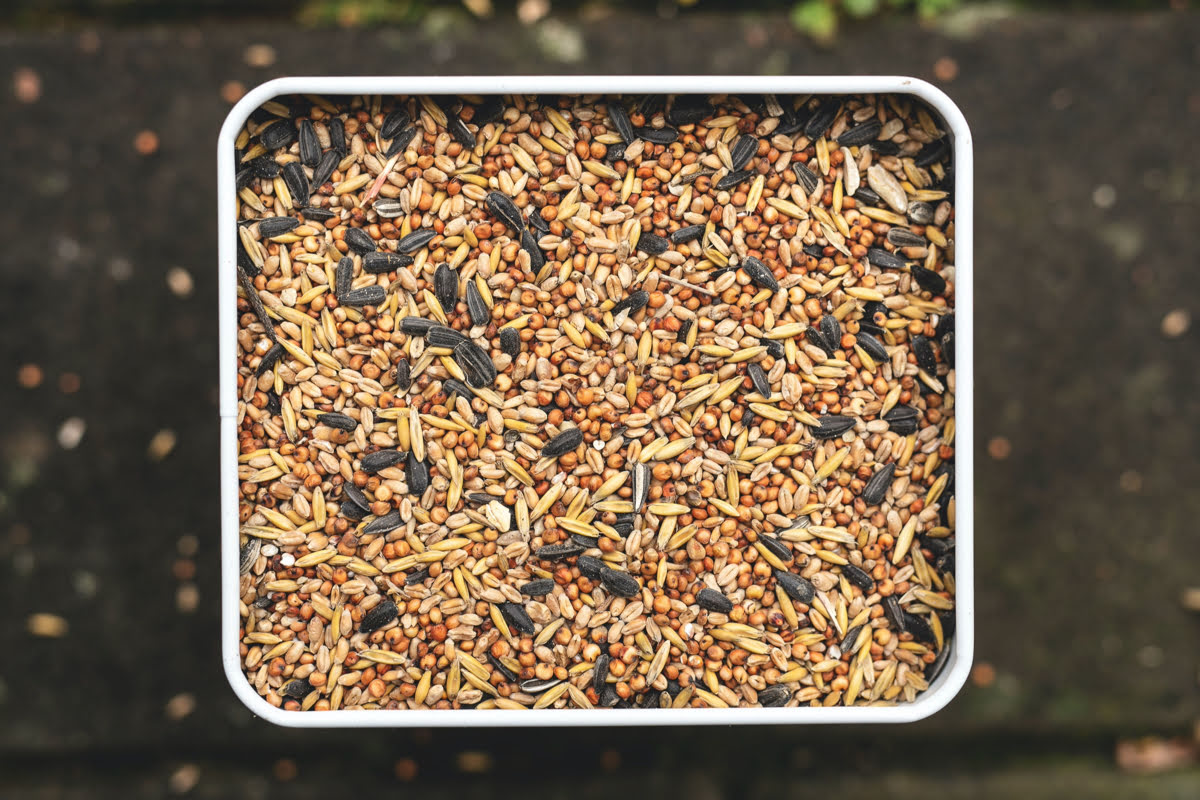

Garden Essentials
How To Get Rid Of Bugs In Bird Seed
Modified: August 31, 2024
Learn effective ways to eliminate bugs in bird seed and ensure a pest-free garden. Discover helpful tips and techniques to protect your bird feeders and enjoy a bug-free bird watching experience.
(Many of the links in this article redirect to a specific reviewed product. Your purchase of these products through affiliate links helps to generate commission for Storables.com, at no extra cost. Learn more)
Introduction
Welcome to this comprehensive guide on how to get rid of bugs in bird seed. As bird enthusiasts, we all know that providing a healthy and nutritious diet for our feathered friends is of utmost importance. Bird seed is a popular and convenient choice to supplement their natural diet, but unfortunately, it can also attract unwanted guests in the form of bugs and pests.
Dealing with bugs in bird seed can be a frustrating and challenging experience. Not only do these pests pose a health risk to the birds, but they can also infest our homes and create a nuisance. Fortunately, there are several effective methods to eradicate bugs from bird seed and ensure that our feathered companions receive clean and safe nourishment.
In this article, we will explore different strategies, from inspecting and cleaning the bird seed to using pest-resistant feeders and natural remedies. We will also discuss the importance of proper storage and climate control in preventing bug infestations. Whether you’re a beginner or a seasoned bird watcher, this guide will equip you with the knowledge and tools to keep your bird seed bug-free and your avian friends well-fed.
So, let’s dive in and discover how we can keep those pesky bugs at bay and ensure a healthy and enjoyable environment for the birds in our gardens.
Key Takeaways:
- Keep bird seed bug-free by inspecting, cleaning, and storing it properly. Use pest-resistant feeders and natural remedies like diatomaceous earth and essential oils to deter bugs and maintain a healthy environment for birds.
- If bug infestations persist, seek professional help from pest control experts. They can identify, treat, and prevent pests effectively, giving you peace of mind and ensuring a clean feeding environment for your feathered friends.
Read more: How To Get Rid Of Basement Bugs
Understanding the Problem
Before we can effectively tackle the issue of bugs in bird seed, it’s important to understand why they are attracted to it in the first place. Bird seed typically consists of a mix of grains, nuts, and seeds that are rich in proteins and carbohydrates, making it an appealing food source not only for birds but also for various insects, including beetles, weevils, ants, and moths.
When bird seed is stored improperly or left exposed to the elements, it creates an ideal environment for pests to thrive. Insects are attracted to the warmth, humidity, and abundant food present in bird seed. Once they infest the seed, they can quickly multiply and spread, causing contamination and potential harm to the birds consuming it.
It’s also important to note that different bird seed varieties may attract specific types of bugs. For example, sunflower seeds are particularly susceptible to weevil infestations, while millet can attract moths. By understanding the specific pests that are likely to target the type of bird seed you are using, you will be better equipped to address the problem.
Not only can bugs in bird seed impact the health of the birds, but they can also lead to a host of issues for humans. Insects can spread allergens, contaminate our food storage areas, and even cause structural damage to our homes if they make their way indoors.
By gaining a clear understanding of the problem, we can implement effective and targeted strategies to eliminate bugs from our bird seed and prevent future infestations. In the following sections, we will explore various methods and techniques to help you achieve bug-free bird feeding in your garden.
Inspecting and Cleaning the Bird Seed
One of the first steps in getting rid of bugs in bird seed is to thoroughly inspect and clean it before offering it to our feathered friends. This process helps to remove any existing pests and prevent the introduction of new ones. Follow these steps to ensure that your bird seed is clean and bug-free:
- Check for signs of infestation: Before cleaning the bird seed, carefully examine it for any signs of bugs or pests. Look for webbing, larvae, or adult insects. If you notice any infestation, discard the contaminated seed immediately and thoroughly clean the storage container.
- Transfer the seed: Transfer the bird seed from its original packaging to a clean and dry container. Avoid using plastic bags or containers, as they can easily become compromised by pests. Opt for sturdy, airtight containers made of metal or glass, which will help prevent bugs from entering.
- Sort through the seed: Spread the bird seed onto a clean, flat surface, such as a baking sheet or a large tray. Gently sift through the seed, removing any debris, twigs, or clumps. Discard anything that is not part of the seed mix.
- Inspect for live pests: As you sort through the bird seed, keep an eye out for any live insects or larvae. It’s crucial to remove them promptly to prevent further infestation. Use a pair of tweezers or a small brush to pick them out and dispose of them.
- Wash the seed: Once you have removed any visible pests, it’s time to give the bird seed a thorough wash. Place the seed in a strainer or colander and rinse it under running water. Use your hands to agitate the seed gently, allowing the water to remove any remaining dirt or residue.
- Dry the seed: After washing, spread the bird seed in a single layer on a clean towel or a baking sheet lined with parchment paper. Allow it to air dry completely before returning it to the storage container. Make sure the seed is completely dry to prevent mold growth.
By inspecting and cleaning the bird seed, you can eliminate existing bugs and minimize the risk of infestation in the future. Remember to conduct regular inspections and cleanings to maintain a bug-free feeding environment for your birds.
Storing Bird Seed Properly
Proper storage of bird seed is crucial to prevent bug infestations and maintain its quality and freshness. Here are some essential tips for storing bird seed properly:
- Choose the right container: Select a container that is specifically designed for storing bird seed. Look for containers that are airtight, made of durable materials such as metal or thick plastic, and have secure lids or closures to prevent pests from accessing the seed.
- Keep it in a cool, dry place: Store bird seed in a cool and dry location to discourage insect activity. High humidity and warmth can accelerate the growth of bugs and lead to mold development. Avoid storing the seed in basements, garages, or other areas prone to temperature fluctuations or moisture.
- Minimize exposure to sunlight: Exposure to direct sunlight can lead to the growth of mold or bacteria in the seed. Choose a storage location that is away from windows or other sources of strong sunlight.
- Rotate the seed: To maintain freshness, it’s important to rotate your bird seed supply. Use older seed first before opening new packages. This will help ensure that the seed is consumed by birds before it has a chance to become stale or susceptible to infestations.
- Regularly clean the storage container: Even with proper storage, small amounts of seed debris or moisture can accumulate over time and attract bugs. Clean the storage container regularly by emptying it, removing any remaining debris, and wiping it down with a mild detergent solution. Ensure that the container is thoroughly dry before refilling it with seed.
- Avoid overstocking: While buying bird seed in bulk can be cost-effective, be mindful of how much you purchase at once. Overstocking can lead to prolonged storage periods, increasing the chances of pests invading the seed. Purchase only what you can use within a reasonable timeframe.
By following these guidelines, you can ensure that your bird seed remains fresh, free from bugs, and appealing to birds. Remember, proper storage is essential to maintaining the quality and attractiveness of the seed while preventing pesky insect infestations.
Using Pest-Resistant Bird Feeders
Another effective strategy to deter bugs in bird seed is by using pest-resistant bird feeders. These feeders are designed to minimize the entry of insects and other pests, helping to keep the seed clean and safe for birds to consume. Here are some types of pest-resistant bird feeders you can consider:
- Baffle feeders: Baffle feeders feature a protective dome or cylinder around the seed ports, making it difficult for bugs to access the seed. The design prevents insects from crawling down the feeder tube, reducing the chance of contamination. Make sure to choose a baffle feeder with an effective design and size appropriate for the types of birds you want to attract.
- Metal mesh feeders: Metal mesh feeders have smaller openings, allowing birds to easily access the seed while discouraging larger pests, such as squirrels, from stealing the seed. The fine mesh also helps to block insects from reaching the seed, reducing the risk of infestation.
- Squirrel-proof feeders: Squirrels are notorious for raiding bird feeders and can inadvertently introduce bugs to the seed. Invest in squirrel-proof feeders that are specifically designed to keep squirrels at bay. These feeders often feature mechanisms that prevent squirrels from accessing the seed while allowing birds to feed freely.
- Elevated feeders: Elevating your bird feeders can help deter crawling pests, such as ants and beetles. Mounting the feeder on a pole or using a hanging system with a baffle below can make it more difficult for insects to reach the seed. Make sure the feeder is far enough away from surfaces or structures that can serve as pathways for bugs to access.
In addition to choosing the right feeder, it’s important to maintain cleanliness and hygiene. Regularly clean your bird feeders to remove any debris or mold that can attract pests. Inspect the feeder for any signs of pests or webbing, and promptly address any issues that arise.
Remember, investing in pest-resistant bird feeders can help minimize the risk of bug infestations and maintain a healthy feeding environment for your avian visitors.
Store bird seed in a sealed container to prevent bugs. Clean bird feeders regularly to remove old seed and debris. Consider using insect-proof feeders or adding diatomaceous earth to the seed.
Read more: How To Get Rid Of Bugs On Mums
Natural Remedies to Deter Bugs
For those who prefer a more natural approach, there are several effective remedies to deter bugs in bird seed. These methods utilize common household ingredients and natural repellents to discourage pests from infesting the seed. Here are some natural remedies you can try:
- Diatomaceous earth: Diatomaceous earth is a fine powder made from the fossilized remains of tiny aquatic organisms. It is highly effective against insects and pests while being safe for birds and humans. Sprinkle a small amount of diatomaceous earth in and around your bird seed storage container to create a barrier that repels bugs.
- Bay leaves: Bay leaves are known for their strong scent, which bugs find unappealing. Place a few bay leaves in your bird seed container or tie them in a mesh bag and hang them near the feeder. The fragrance released by the bay leaves can deter insects from approaching the seed.
- Essential oils: Certain essential oils, such as peppermint, eucalyptus, and citrus oils, are natural repellents for bugs. Mix a few drops of these oils with water and spray the solution on the bird seed or apply it to a cloth and wipe the storage container. The scent will help deter pests and keep the seed bug-free.
- Garlic: Bugs are repelled by the strong odor of garlic. Crush a few garlic cloves and mix them with water, then spray the solution on the bird seed or wipe down the storage container. Alternatively, you can place small garlic cloves near the feeder to deter insects.
- Cedar chips: Cedar has natural bug-repellent properties. Place cedar chips or shavings in and around your bird seed storage container to help deter pests. The aroma released by the cedar will discourage bugs from approaching the seed.
It’s important to note that while natural remedies can be effective in deterring bugs, they may need to be reapplied periodically to maintain their effectiveness. Additionally, it’s crucial to ensure that the repellents used are safe for birds and do not pose any health risks.
By incorporating these natural remedies into your bug prevention routine, you can provide a safe and pest-free feeding environment for your feathered visitors.
The Role of Climate Control
Climate control plays a crucial role in preventing bug infestations in bird seed. Properly managing the temperature and humidity in the storage area can help deter pests and ensure the freshness and quality of the seed. Here are some important considerations regarding climate control:
Temperature: Bugs thrive in warm environments, so it’s essential to store bird seed in a cool location. Aim for a temperature below 70°F (21°C) to reduce the risk of infestation. Avoid storing the seed in areas that experience significant temperature fluctuations, such as near heating vents or in direct sunlight.
Humidity: High humidity can create a breeding ground for insects and promote the growth of mold or fungus in bird seed. Aim for a relative humidity level of 50% or lower in the storage area. If the humidity is consistently high, consider using a dehumidifier or silica gel packets to absorb excess moisture.
Air circulation: Good air circulation is essential to prevent the buildup of moisture and the growth of pests. Ensure that the storage area has proper ventilation to allow for fresh air circulation. Avoid storing bird seed in tightly sealed containers without any airflow, as this can create a humid environment conducive to bug infestations.
Monitoring: Regularly monitor the storage area for any signs of moisture buildup, mold, or pest activity. Check for condensation inside the storage container or on the walls of the storage area. If you detect any issues, take immediate action to address them and prevent further problems.
Climate considerations for outdoor feeders: If you live in a humid or hot climate, it’s especially important to take climate control measures for outdoor bird feeders. Choose feeders that have proper ventilation to allow for airflow and reduce the chance of seed spoilage. Consider using seed trays or baffles that can provide shade and protection from rain, preventing moisture buildup in the seed.
By maintaining proper climate control in the storage area and for outdoor feeders, you can create an environment that is inhospitable to bugs and pests. This, in turn, will help ensure the cleanliness and freshness of the bird seed for your feathered visitors.
Seeking Professional Help
If you’ve tried various methods but still find yourself struggling with persistent bug infestations in bird seed, it may be time to seek professional help. Pest control experts have the knowledge, experience, and tools to effectively eliminate pests and prevent future infestations. Here are some reasons why seeking professional help can be beneficial:
- Expertise in pest identification: Pest control professionals are trained to identify different types of insects and pests accurately. They can quickly identify the specific pests that are infesting your bird seed and develop a targeted treatment plan.
- Thorough inspection and treatment: Pest control experts will conduct a thorough inspection of your storage area, bird feeders, and surrounding premises to pinpoint the source of the infestation. They will then apply effective treatments to eliminate the bugs and prevent their return.
- Safe and effective pest control methods: Professionals have access to pest control products and methods that are safe for birds and humans but lethal to bugs. They can apply these treatments with precision, ensuring maximum effectiveness while minimizing any potential risks.
- Long-term prevention strategies: In addition to addressing the current infestation, pest control experts can provide guidance on preventive measures to help you avoid future bug problems. They can advise on proper storage techniques, bird feeder maintenance, and other strategies to minimize the risk of infestation.
- Peace of mind: Hiring a professional takes the burden off your shoulders and gives you peace of mind knowing that experts are handling the issue. You can rest assured that the bug problem will be resolved effectively, allowing you to focus on enjoying the presence of birds in your garden.
When hiring a pest control professional, look for reputable companies with experience in bird and pest control. Ask for recommendations from fellow bird enthusiasts or consult online reviews. Ensure that the company is licensed and insured, and inquire about their methods and any potential risks associated with the treatments.
By seeking professional help, you can address stubborn bug infestations in bird seed and maintain a clean and safe feeding environment for your feathered friends.
Conclusion
Keeping bugs out of bird seed is essential for maintaining the health and well-being of our feathered friends. By implementing the strategies discussed in this comprehensive guide, you can effectively eliminate bug infestations and create a clean and safe feeding environment in your garden.
Start by inspecting and cleaning your bird seed, removing any visible pests and debris. Proper storage is crucial, using airtight containers in cool, dry locations to deter bugs from infiltrating the seed. Consider using pest-resistant bird feeders that limit access to insects and other pests, ensuring that the seed is solely enjoyed by the birds.
Embracing natural remedies, such as diatomaceous earth, bay leaves, essential oils, garlic, and cedar chips, can also help repel bugs without harming the birds or the environment. Don’t forget about the role of climate control, maintaining proper temperature, humidity, and air circulation in the storage area to discourage bug activity.
If you find yourself continuously battling bug infestations or prefer to leave the task to professionals, it’s always a good option to seek professional help. Pest control experts can accurately identify pests, provide effective treatments, and offer long-term prevention strategies.
Remember, maintaining a bug-free environment not only ensures the health and safety of the birds but also contributes to your own peace of mind and enjoyment of bird watching. By following the guidelines outlined in this guide, you can create a welcoming space for birds while keeping pesky bugs at bay.
So, take the necessary steps to protect your bird seed, implement prevention strategies, and enjoy the beauty of birds without the annoyance of unwanted pests. Happy bird feeding!
Enjoyed learning how to keep bird seed bug-free? Keep pesky pantry moths out of your kitchen with expert pest control advice, or find the perfect bird seed storage solutions to keep your supplies fresh and accessible. For those who love a spotless home, discover simple DIY solutions to remove scratches from wood floors. Each guide offers straightforward, practical advice to help you maintain a beautiful, efficient living space.
Frequently Asked Questions about How To Get Rid Of Bugs In Bird Seed
Was this page helpful?
At Storables.com, we guarantee accurate and reliable information. Our content, validated by Expert Board Contributors, is crafted following stringent Editorial Policies. We're committed to providing you with well-researched, expert-backed insights for all your informational needs.
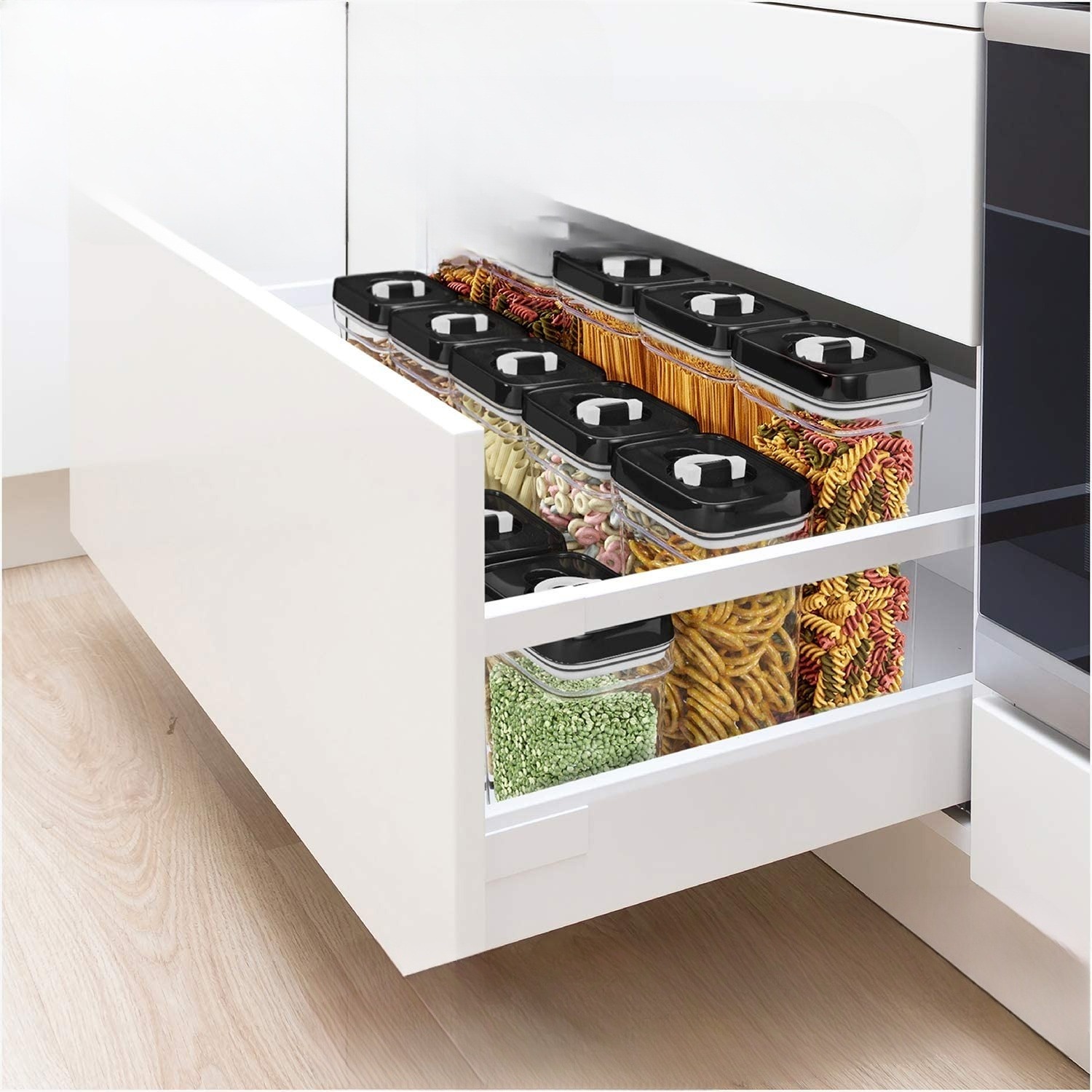
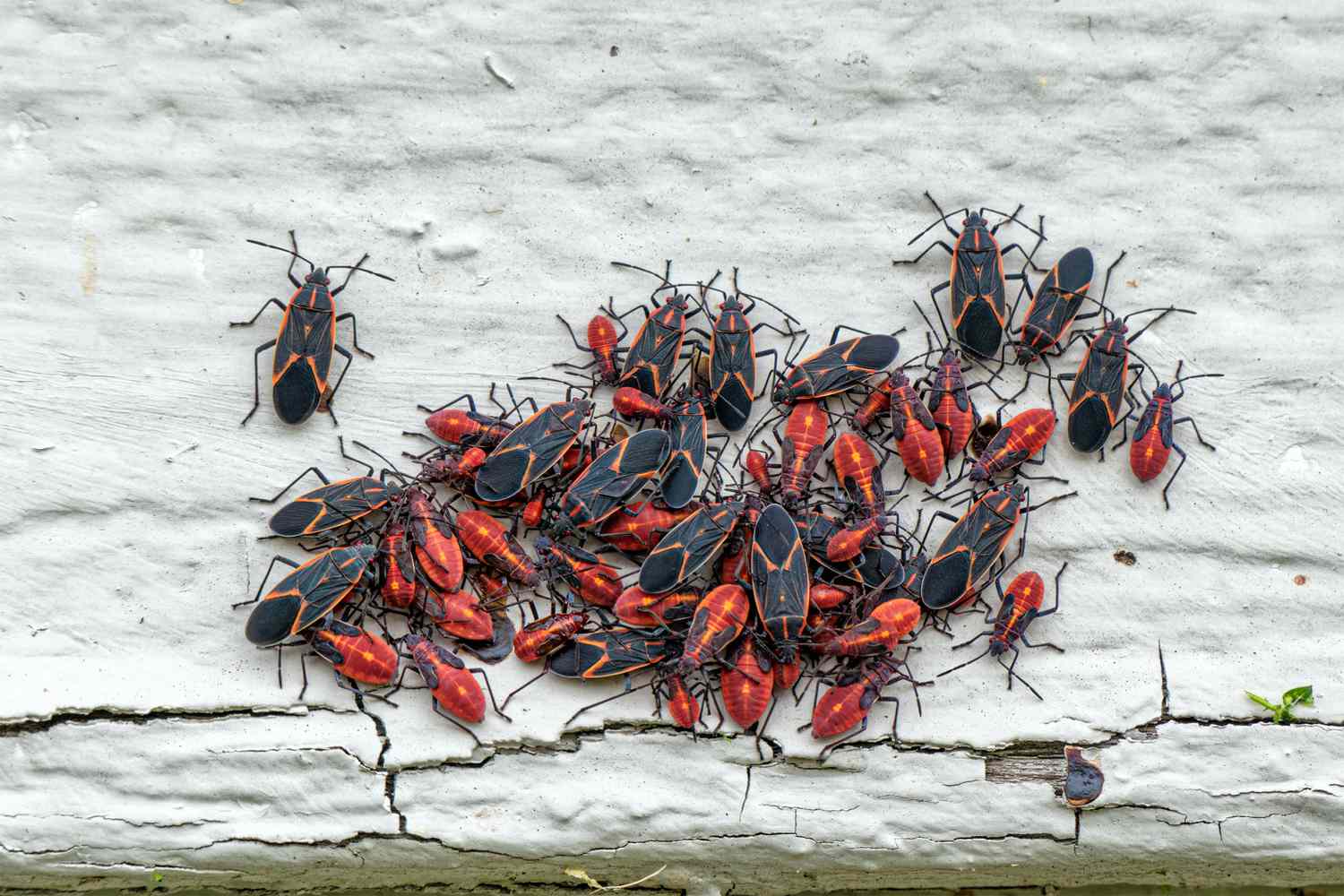
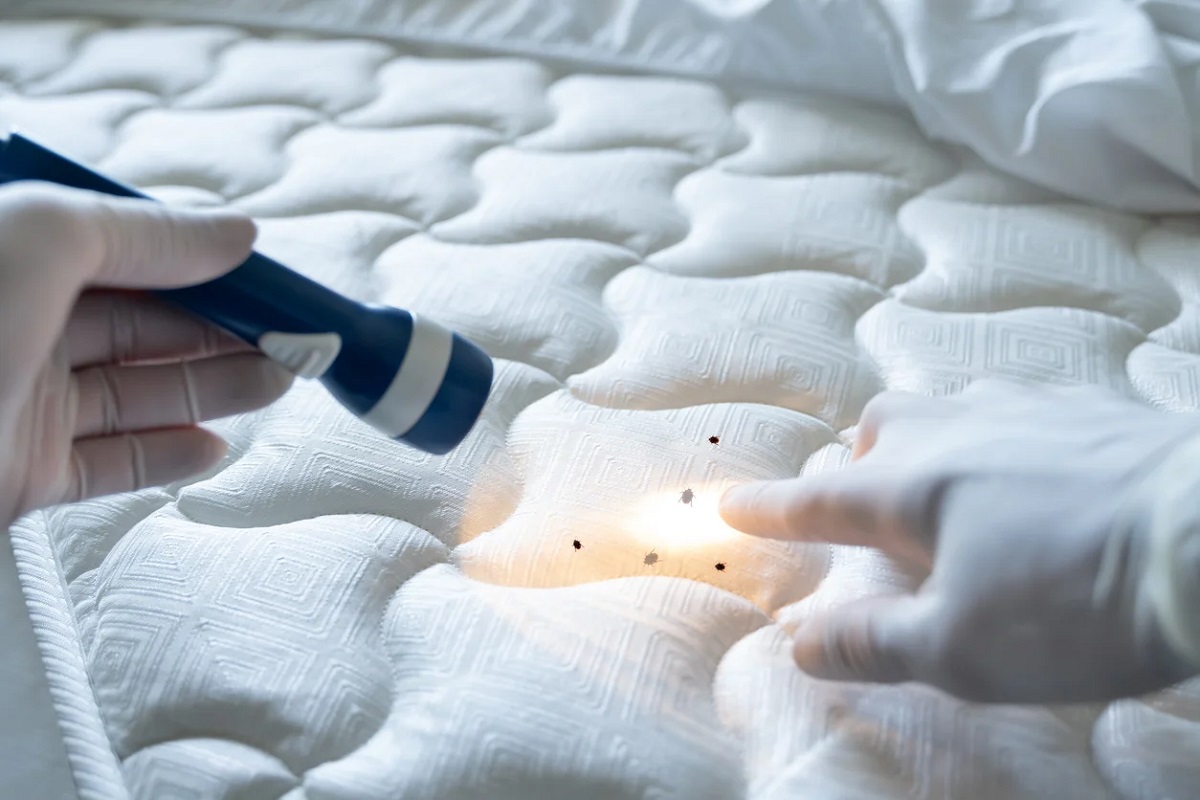
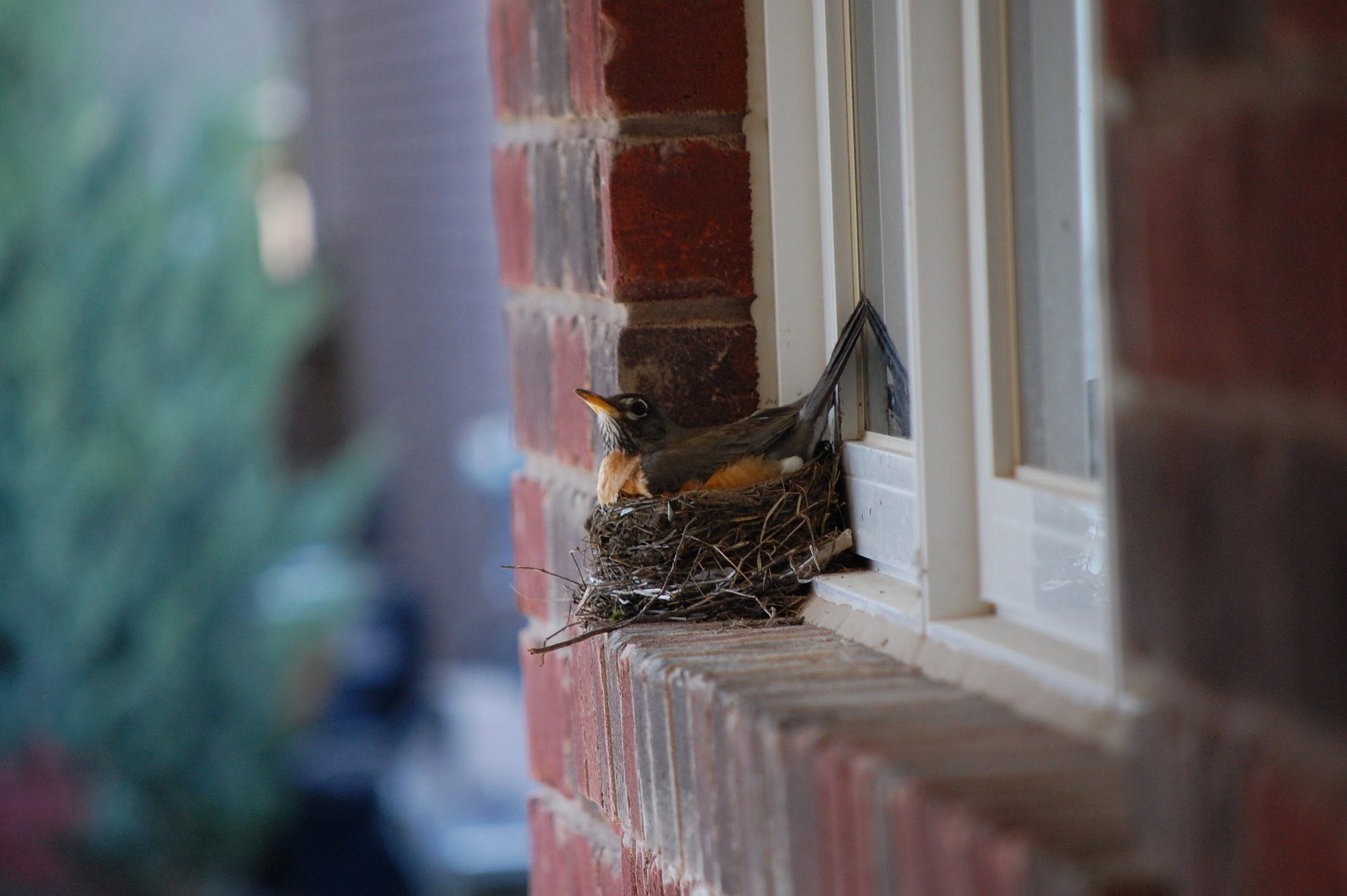
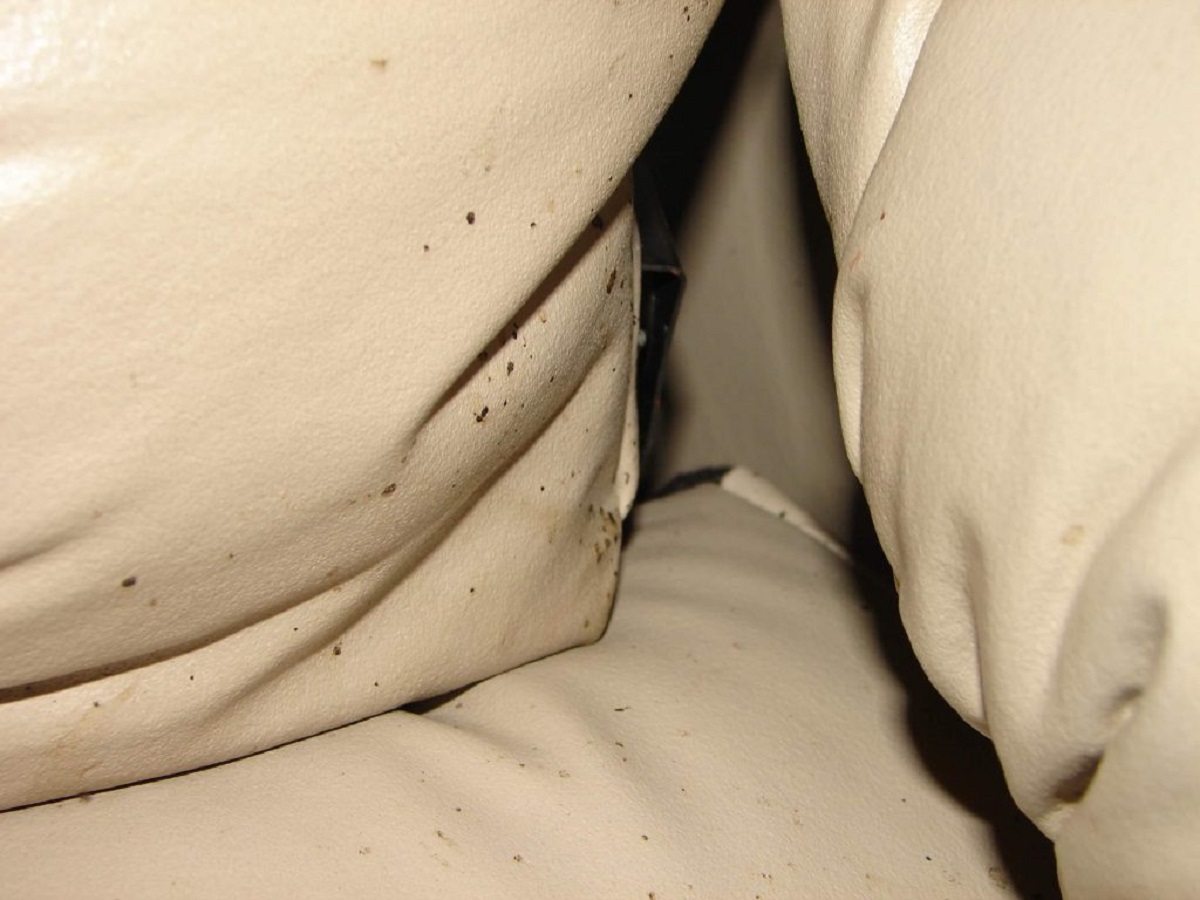
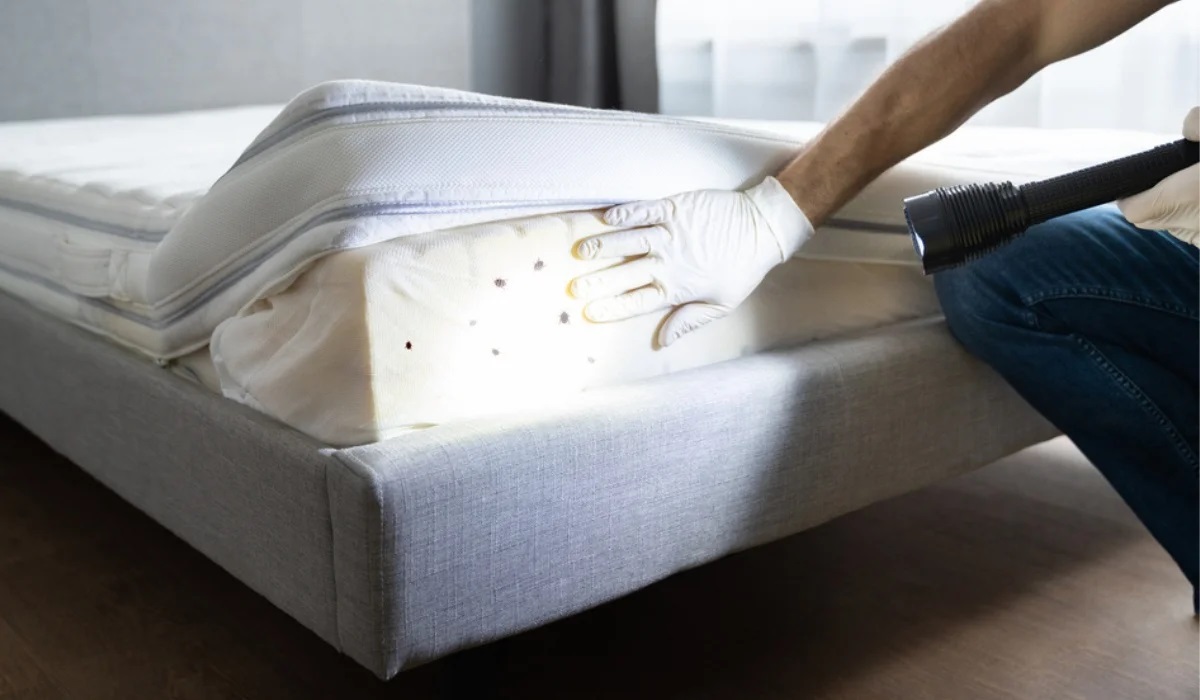
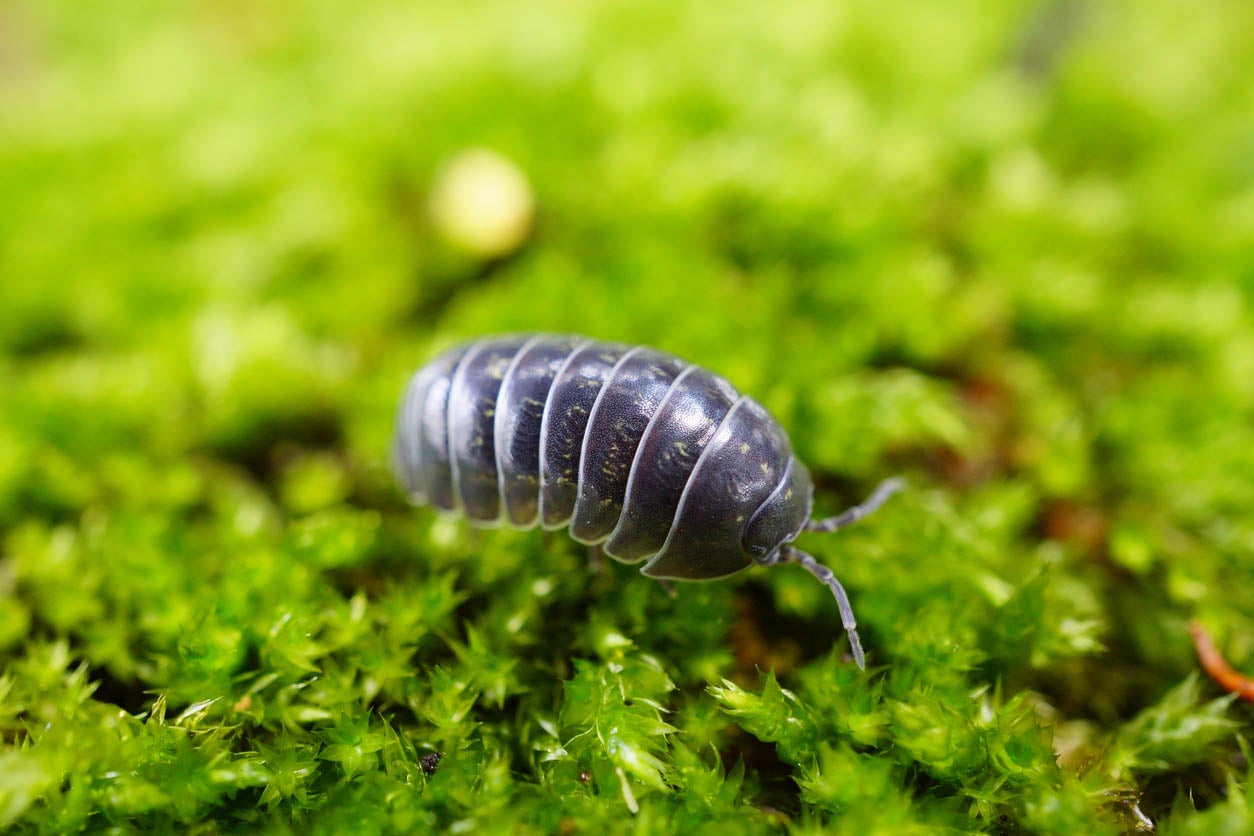

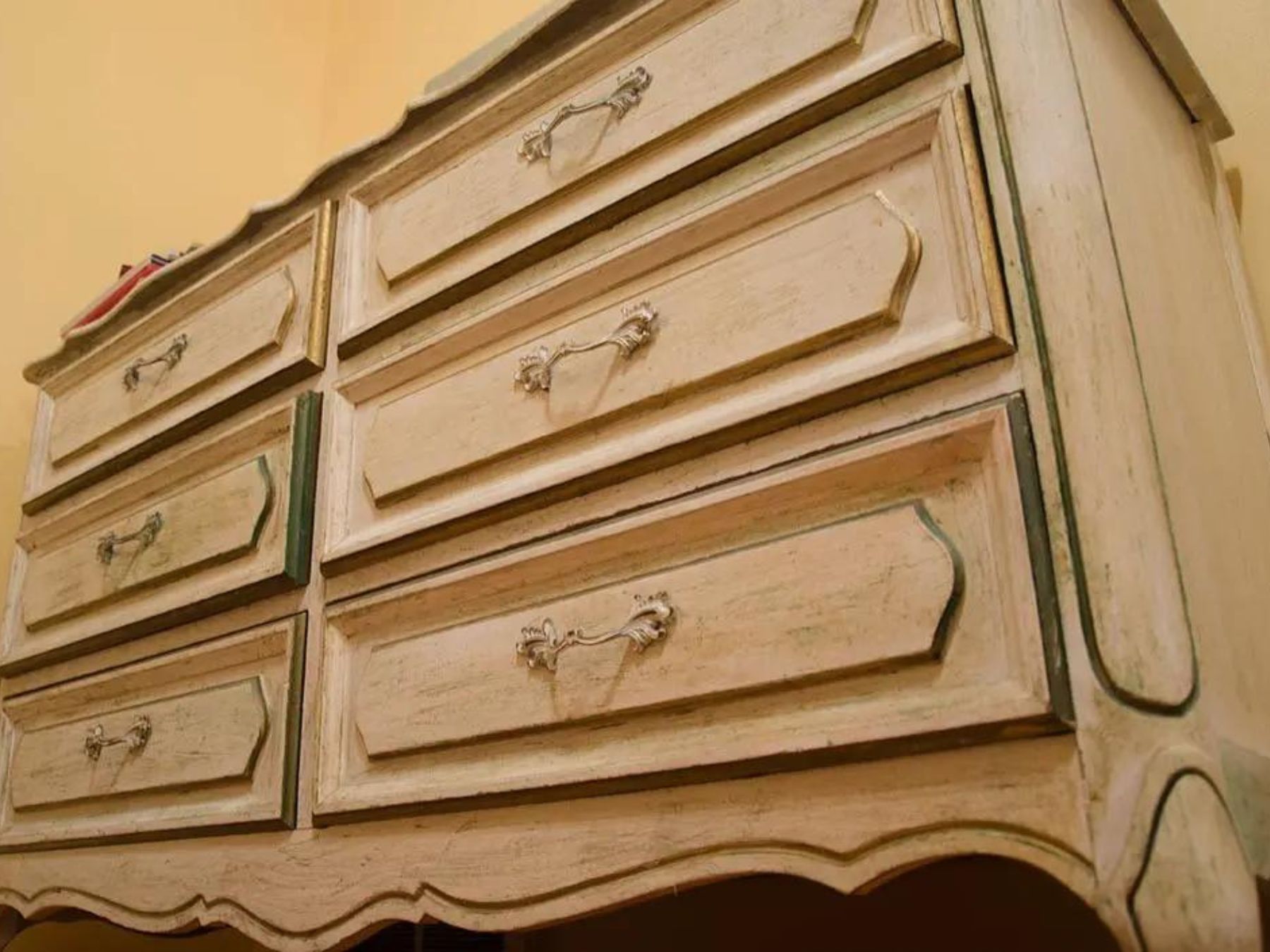
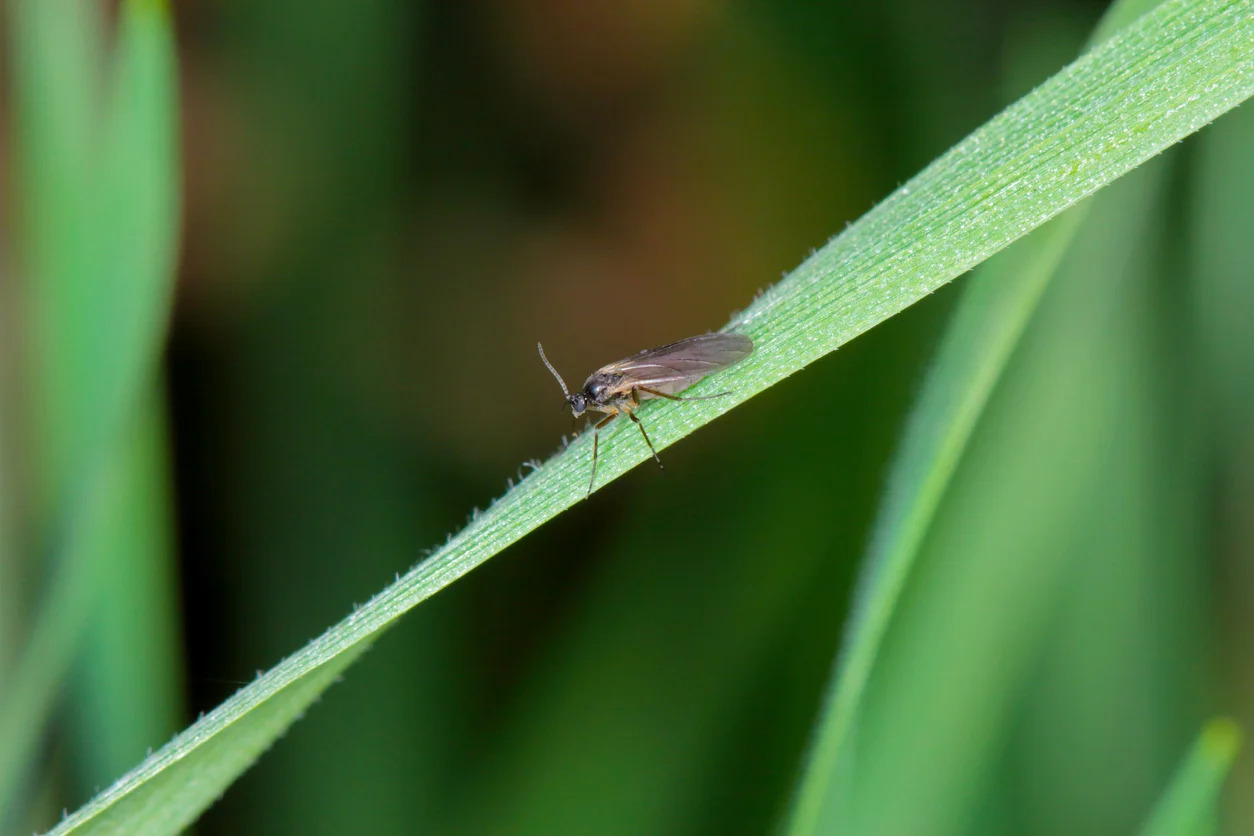
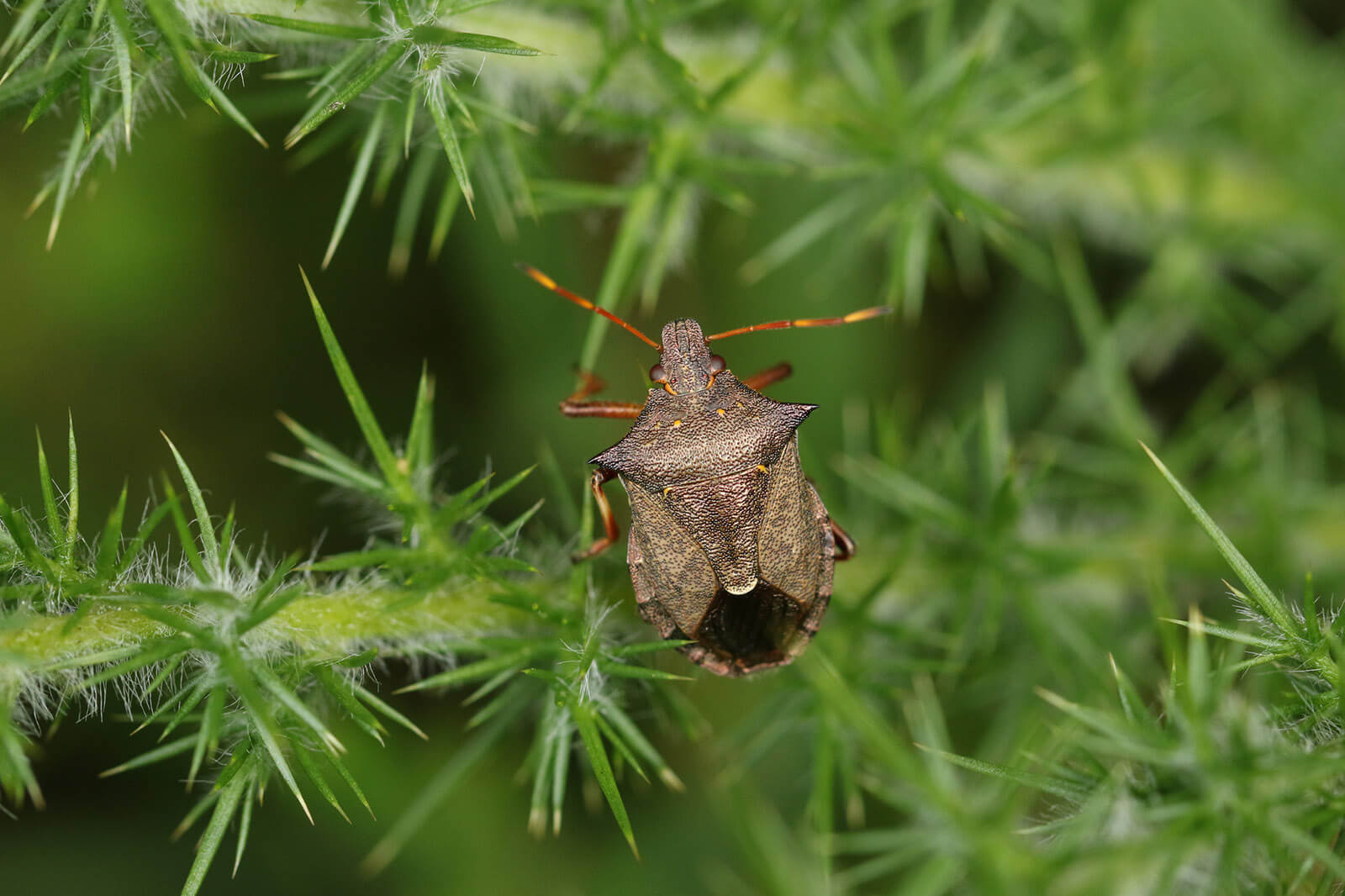
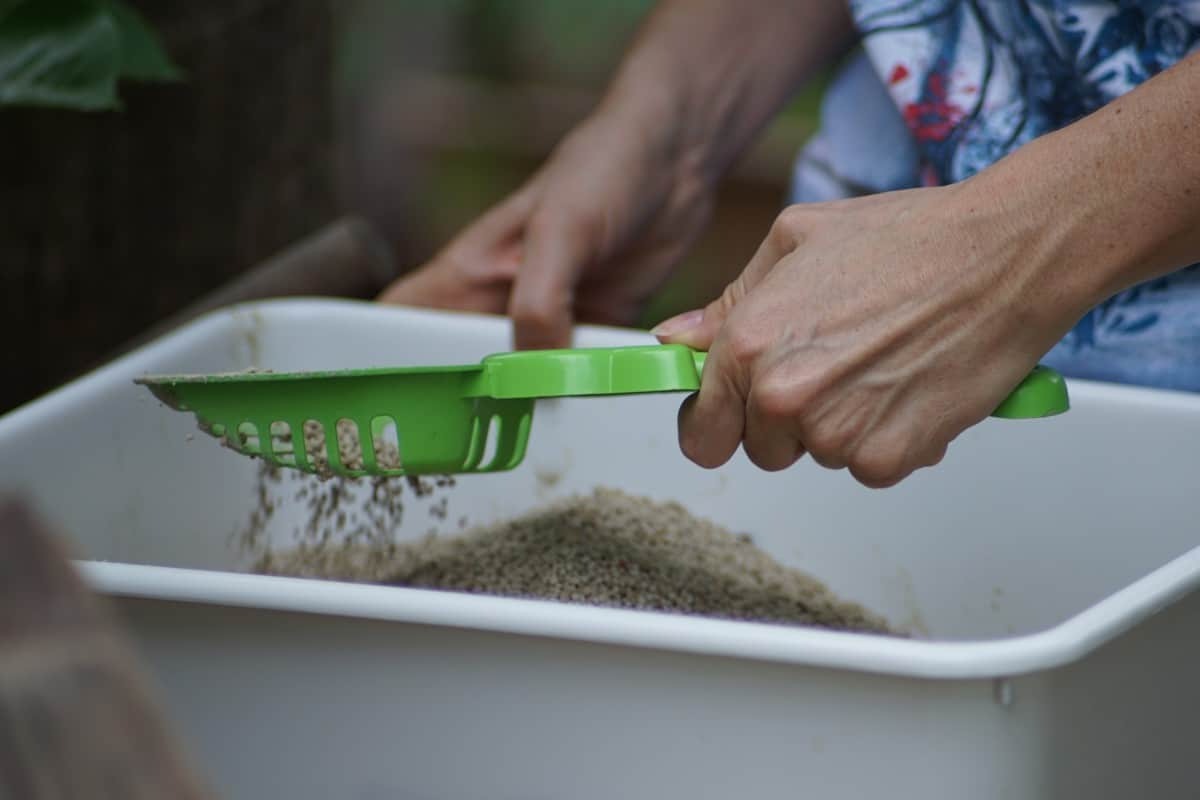
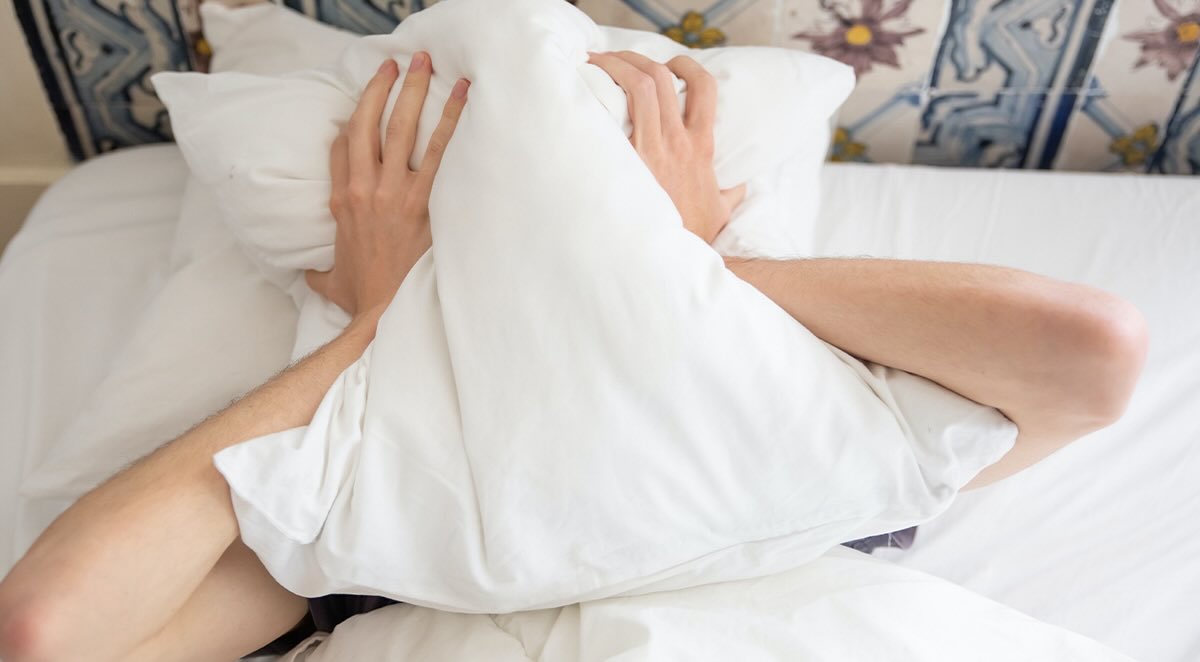
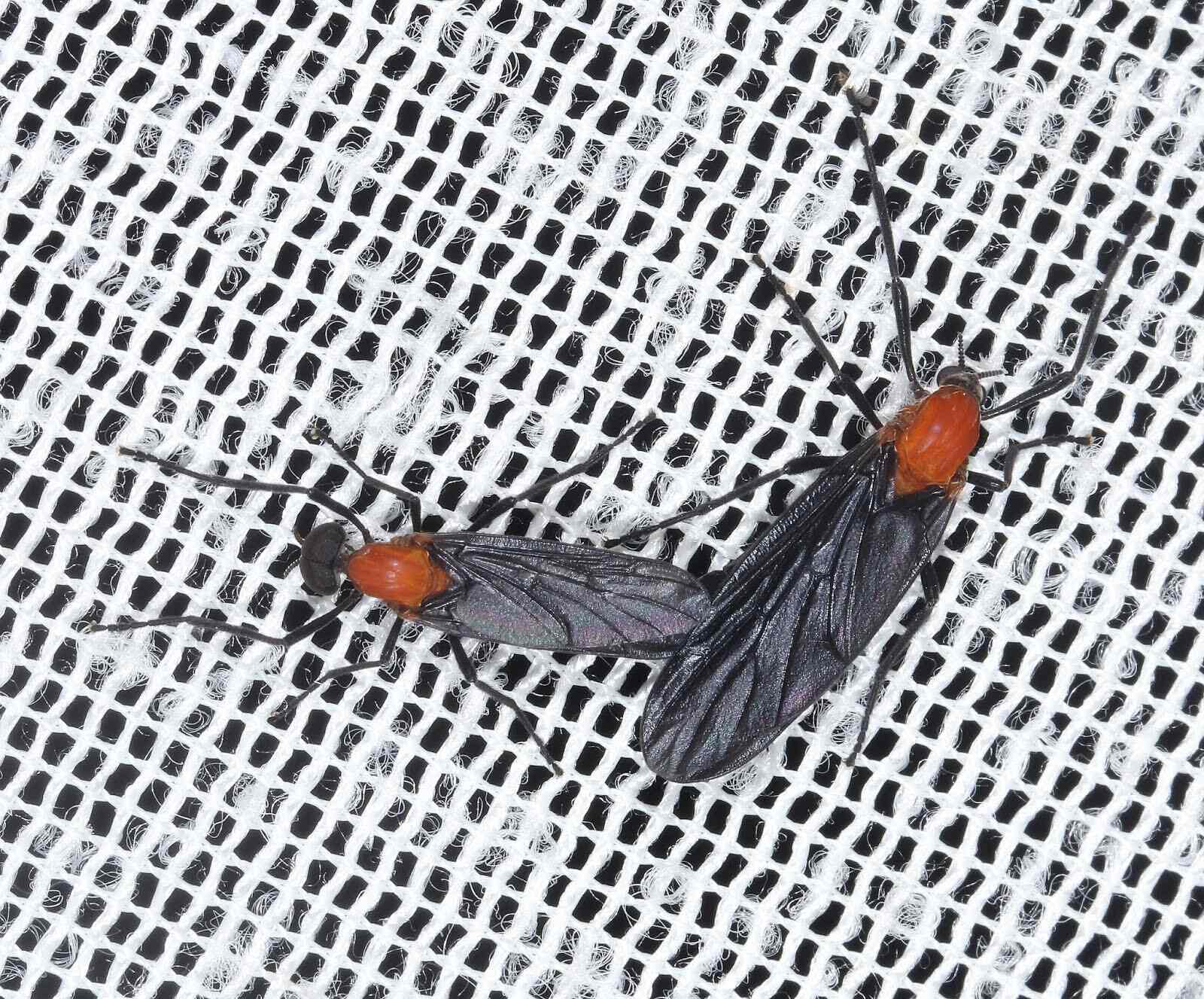

0 thoughts on “How To Get Rid Of Bugs In Bird Seed”